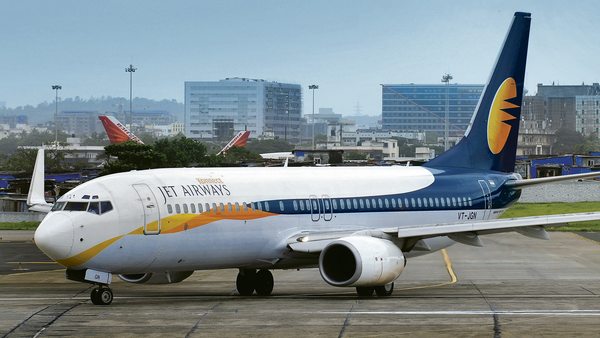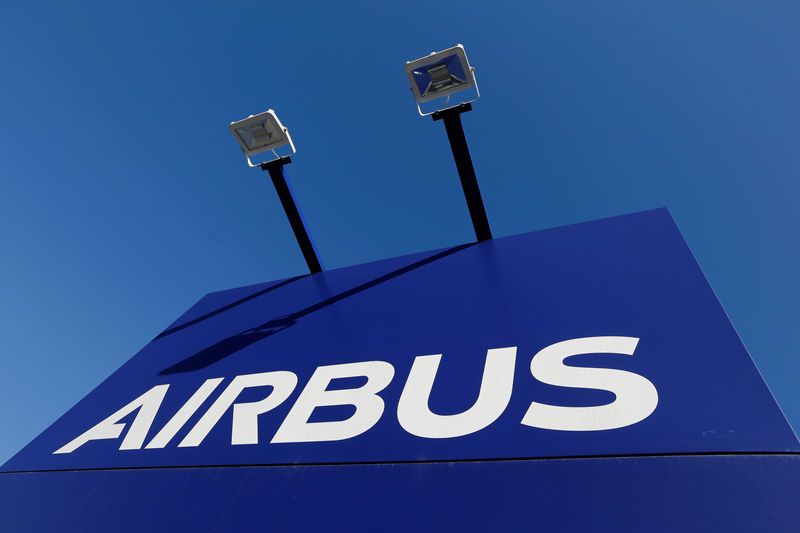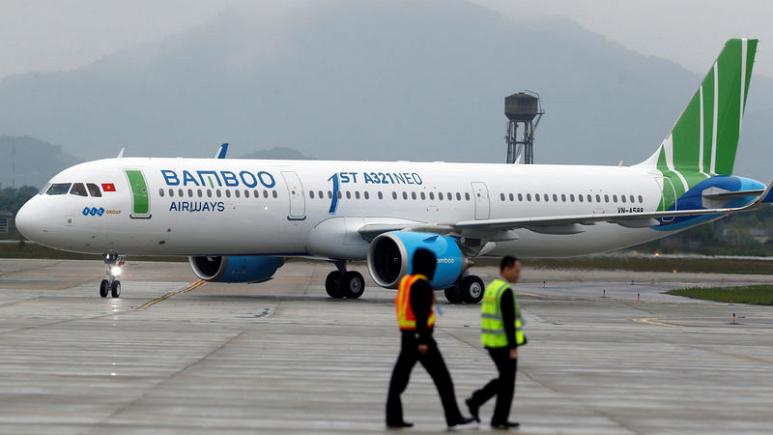SAN FRANCISCO (Reuters) – Tesla shares extended their recent sell-off on Wednesday after Citi cut its price target on the struggling electric car maker, leaving buyers of its recent share offer, including Chief Executive Elon Musk, $175 million in the hole.
Tesla’s stock dropped 5.5% to $193.88, on track to close below $200 for the first time since late 2016. It has lost a fifth of its value since the company sold a $1.84 billion convertible bond and almost $900 million of stock on May 2 to raise fresh capital and give it more time to stop losing money.
Citi analyst Itay Michaeli, who has a “sell” rating on Tesla, cut his price target to $191 from $238. He pointed to a an email Musk sent to employees last week, telling them he would increase cost-cutting, and that the $2.7 billion in recently raised capital would give Tesla just 10 months to break even at the rate it burned cash in the first quarter.
“The recent reported internal memo, which seemingly called into question prior guidance, didn’t help the risk/reward calculus. The implications can be serious, since an automaker’s balance sheet is always subject to the confidence ‘spiral’ risk,” Michaeli wrote in a client note.
Consumer Reports warned on Wednesday that a recent update to Tesla’s Autopilot driver assistance software does not work well and could be unsafe.
“It doesn’t appear to react to brake lights or turn signals, it can’t anticipate what other drivers will do, and as a result, you constantly have to be one step ahead of it,” Jake Fisher, Consumer Reports’ senior director of auto testing, said in a news release.
Tesla did not immediately respond to a request for comment. On April 22, Musk told investors that driverless Tesla “robotaxis” would be available in some U.S. markets next year, a claim met by skepticism by some self-driving experts.
UPPING HIS STAKE
Musk is battling to convince investors that demand remains high for the Model 3, the sedan targeted to propel Tesla to sustainable profit, and that it can be delivered efficiently and swiftly to customers around the world. Tesla lost $702 million in the first quarter and warned that profit would be delayed until the latter half of the year.
On Monday, Musk exercised options to buy 175,000 Tesla shares at $31.17 per share, increasing his indirect stake in the company to 34,102,560 shares, according to a filing. With Tesla’s stock down 41% year to date, Musk’s shares, including 102,880 he bought in this month’s capital raise, were worth $6.6 billion on Wednesday.
Tesla’s debt has stalled at lows hit earlier this week. Its recently issued convertible bond due in 2024 priced at 89.09 cents on the dollar, a record low. Its $1.8 billion junk bond traded at 82.5 cents on the dollar, slightly up from the all-time lows it hit on Monday and Tuesday.
The cost to insure Tesla’s debt, as measured by its credit default swap, edged up to roughly 28% of the face value of Tesla’s 2025 bond, from 27.6 % the day before.
(Reporting by Noel Randewich; additional reporting by Kate Duguid in New York and Vibhuti Sharma in Bengalaru; editing by Nick Zieminski and Jonathan Oatis)











